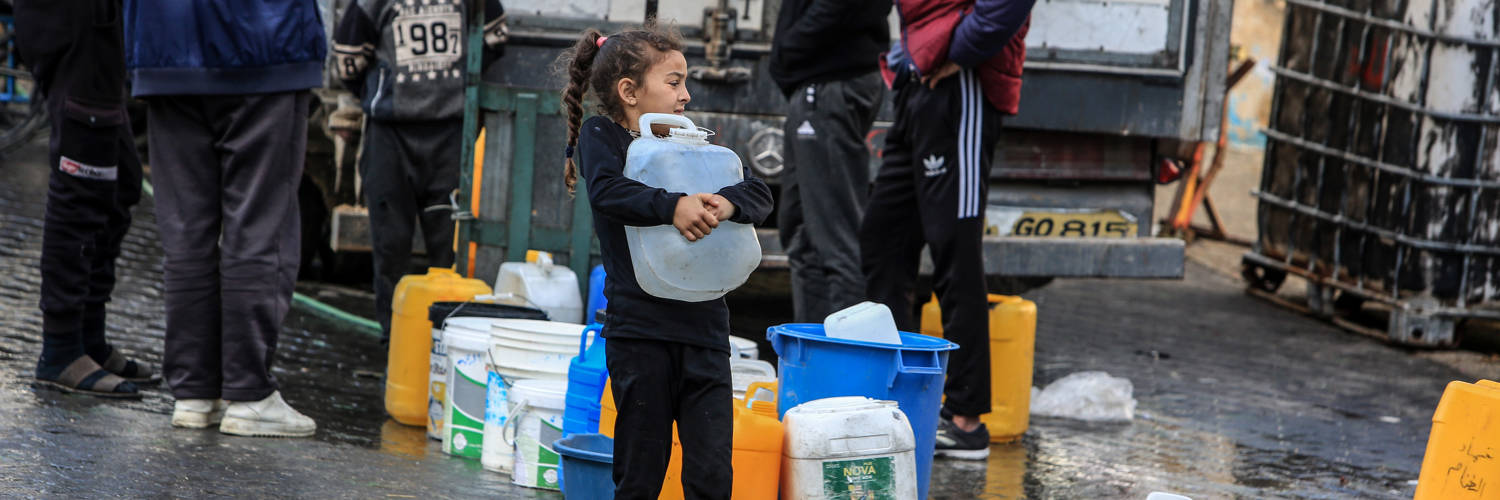
After three months of attacks and occupation by the Israeli Defence Force, Gaza “has become a place of death and despair". The invasion was a response to the brutal massacre of Israelis by Hamas on October 7, 2023. Today, nearly 27,000 Palestinians have been killed and more than two million people are experiencing acute and sustained humanitarian stress. Hospitals are overwhelmed, infectious diseases are spreading, there is mounting risk of famine, and daily life is filled with extreme danger, fear and trauma. Humanitarian agencies are struggling to provide relief. The situation has been greatly complicated by allegations that several staff working for the UN Relief and Works Agency for Palestinian Refugees in the Near East (UNRWA) participated in the Hamas attack on Israel. In light of these allegations, a number of countries have suspended financial support to UNRWA.
Please register for this webinar here.
Speakers
- Welcome and introduction by Laurie Nathan, Professor of the Practice of Mediation and Mediation Program Director
- Leni Stenseth, Director General, Norwegian Ministry of Foreign Affairs
- Ben Majekodunmi, Chief of Staff, the United Nations Relief and Works Agency for Palestine Refugees (UNRWA)
- Alaa Tartir, Senior Researcher and the Director of the SIPRI Middle East and North Africa Programme, PRIO Global Fellow
- Closing remarks by Kristian Berg Harpviken, Research Professor and Director of Middle East Center at PRIO
This is the third instalment in a series of webinars addressing various aspects of the Israel/Palestine war, co-sponsored by the Kroc Institute for International Peace Studies and PRIO.





